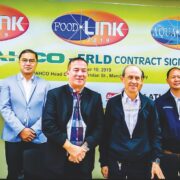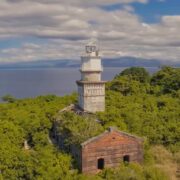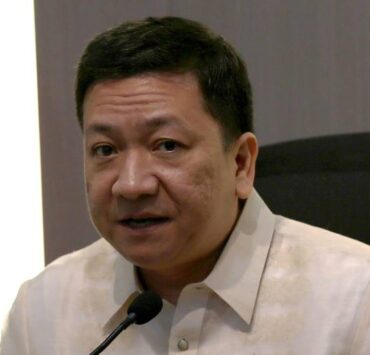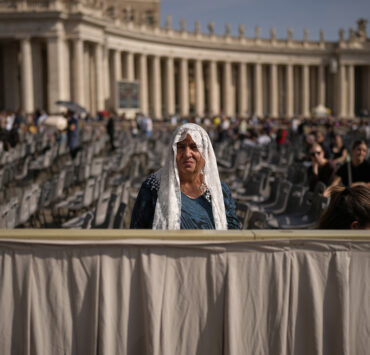War-hit Congo park turns to chocolate gorillas in conservation push
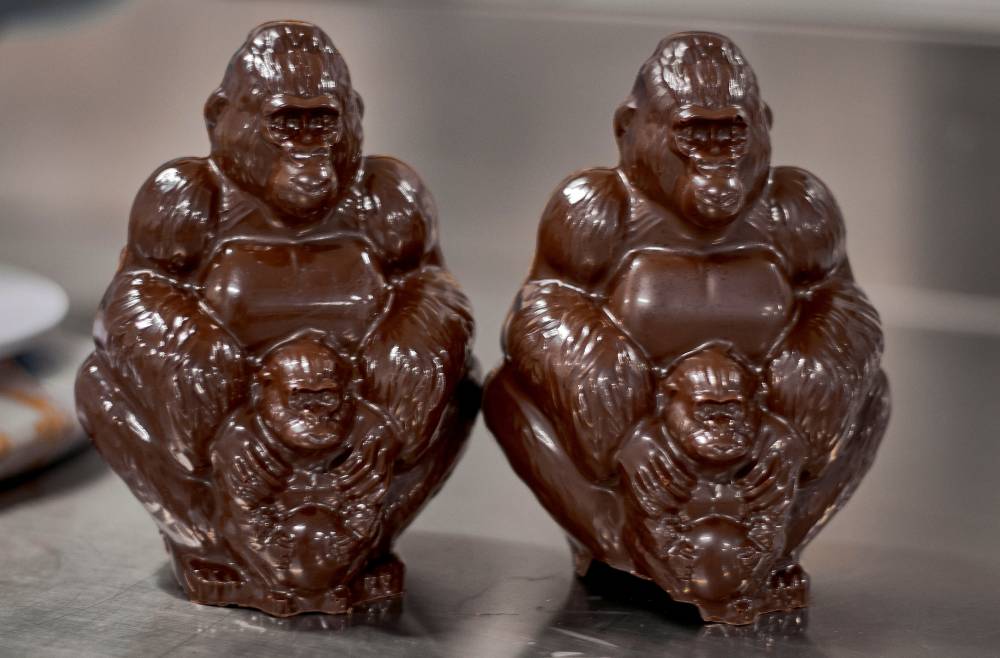
BENI, DEMOCRATIC REPUBLIC OF CONGO—Threatened by armed conflict, volcanic activity and rampant deforestation, Africa’s oldest national park is turning to a new product to raise its profile and boost conservation efforts: chocolate gorillas.
Virunga National Park in war-ravaged eastern Congo is marking its 100th anniversary this month by producing 25,000 handcrafted treats at a nearby chocolate factory to be sold in Europe, including Belgium, Congo’s former colonial power.
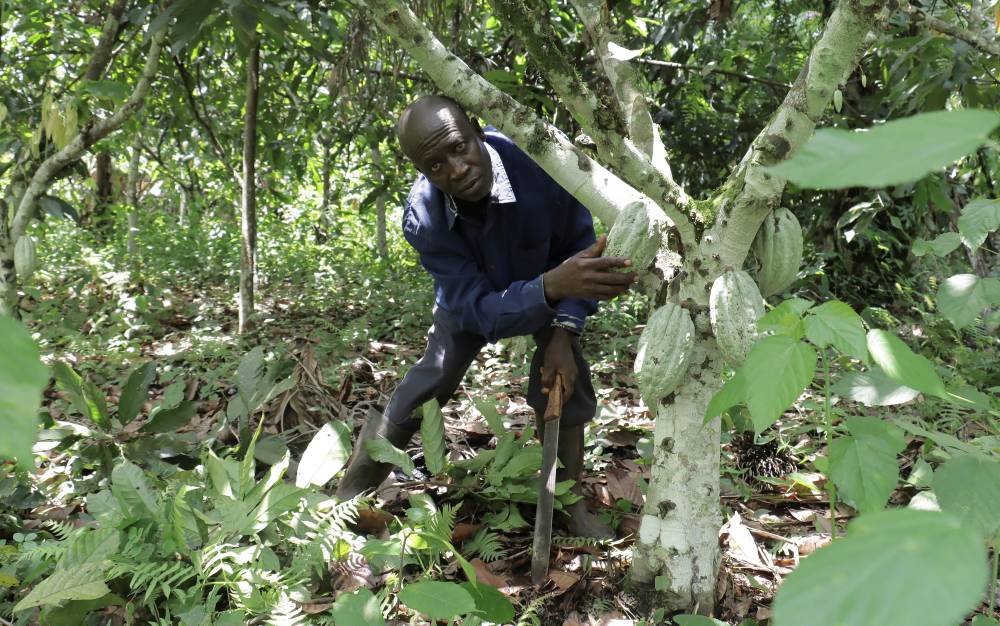
Spanning more than 3,000 square miles, Virunga is home to many of the world’s last mountain gorillas, yet much of the park is under rebel control and fighting has accelerated forest loss.
M23 rebels have seized eastern Congo’s two largest cities since January in an unprecedented advance that has risked igniting an all-out regional war.
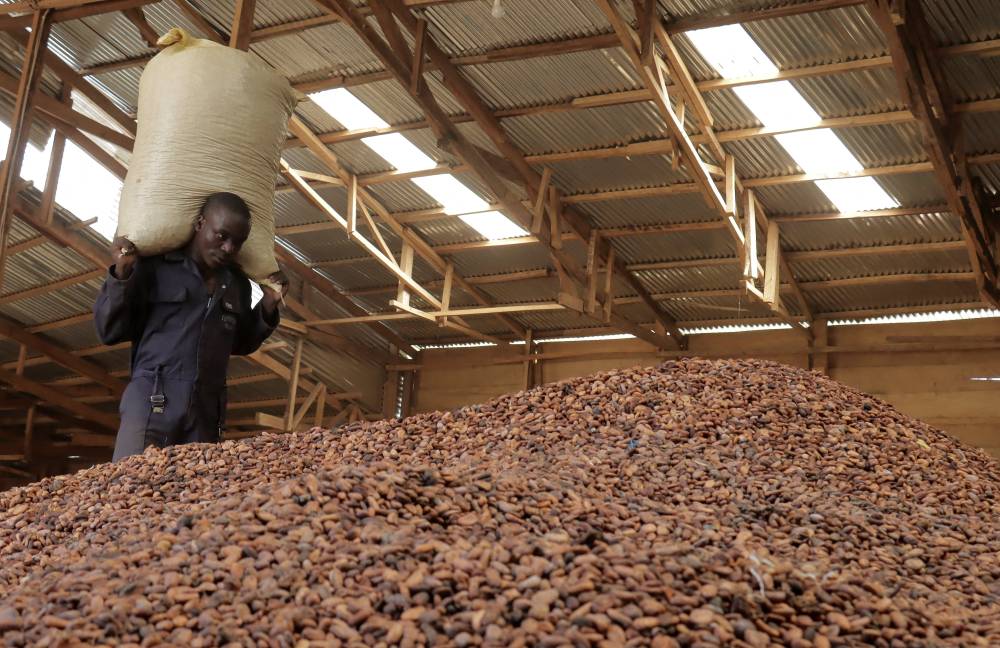
Cocoa for the chocolate gorillas comes from farms created at the periphery of the park, part of a push to promote agricultural and industrial activities in the area so residents do not turn to logging and poaching. The chocolate factory is located five kilometers outside the park.
Profits from sales of the chocolates are meant to be reinvested in nearby communities.
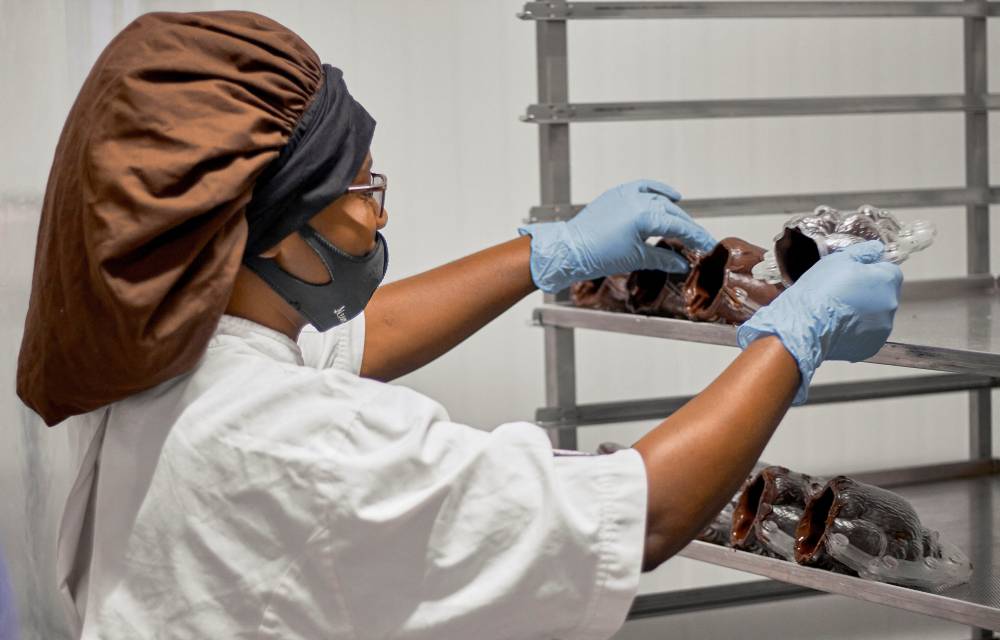
Benefits
Clarisse Kyakimwa has been working her small cocoa farm for three years.
“This cocoa has several benefits. It helps me send my children to school, feed them, pay my hospital bills,” she said.
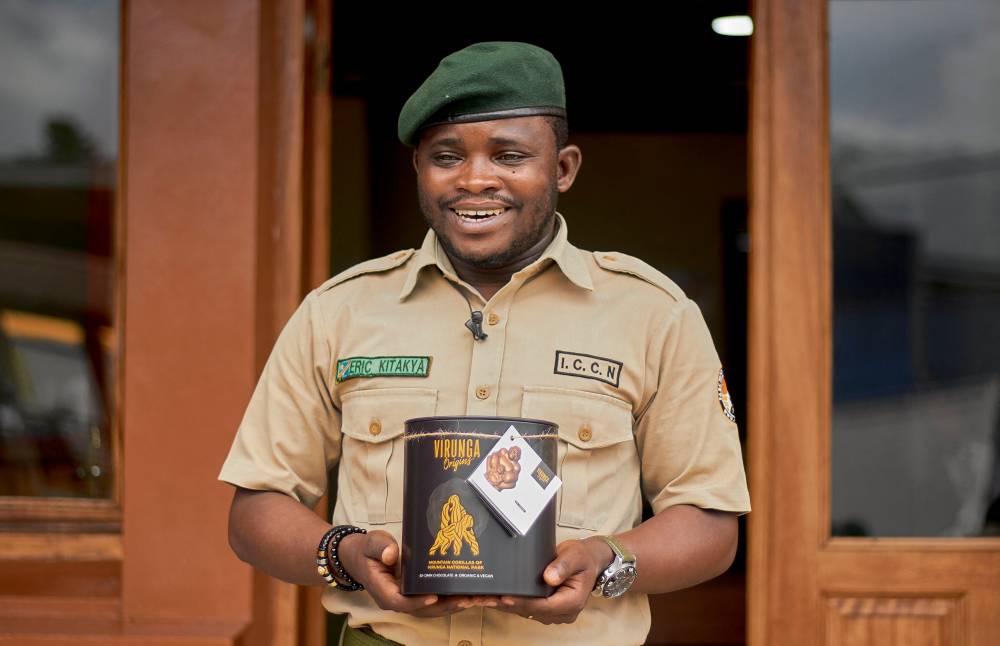
Buyers take her crop to the Virunga factory, but she has not seen the finished product: a glistening chocolate rendering of a full-grown gorilla with its arms on the shoulders of one of its young.
“They say this chocolate is taken abroad… I’ve never seen this chocolate, since we’re not used to eating it,” Kyakimwa said.
Instability has been a problem at Virunga since well before M23’s latest advance.
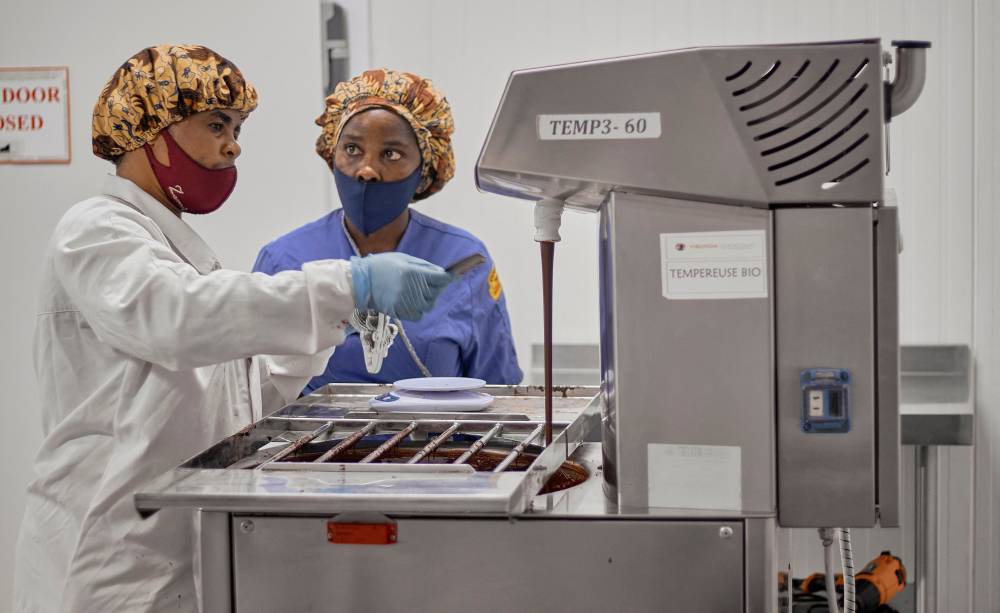
‘Resilience’
“With the insecurity we’re seeing in the region, it’s sometimes difficult to access the raw material, which is cocoa,” said Roger Marora, master chocolatier and a native of North Kivu province.
The United Nations and Western governments say Rwanda has provided arms and troops to M23. Rwanda denies backing M23 and says its military has acted in self-defence against Congo’s army and a militia founded by perpetrators of the 1994 genocide.
Mediation efforts by various African leaders as well as Qatar have not yet yielded a ceasefire.
“The chocolate gorillas symbolize the park’s resilience in the face of multiple threats,” said Virunga National Park Director Emmanuel de Merode.
Reuters, the news and media division of Thomson Reuters, is the world’s largest multimedia news provider, reaching billions of people worldwide every day. Reuters provides business, financial, national and international news to professionals via desktop terminals, the world's media organizations, industry events and directly to consumers.


